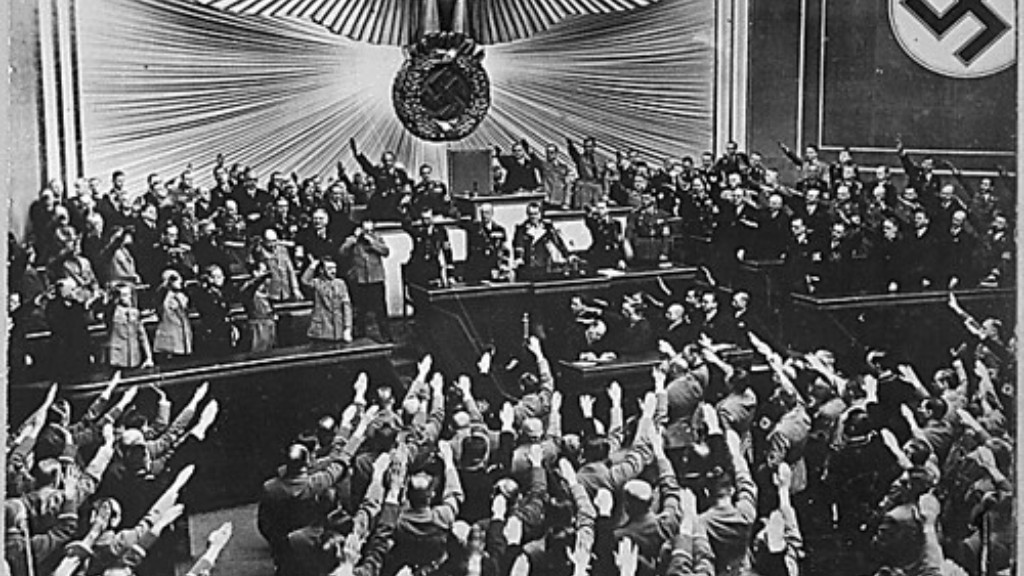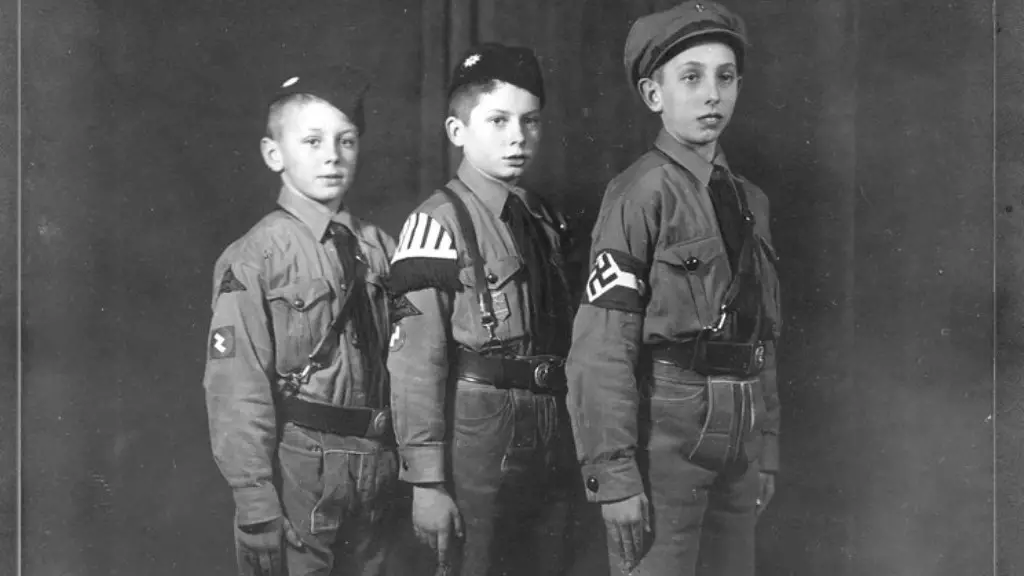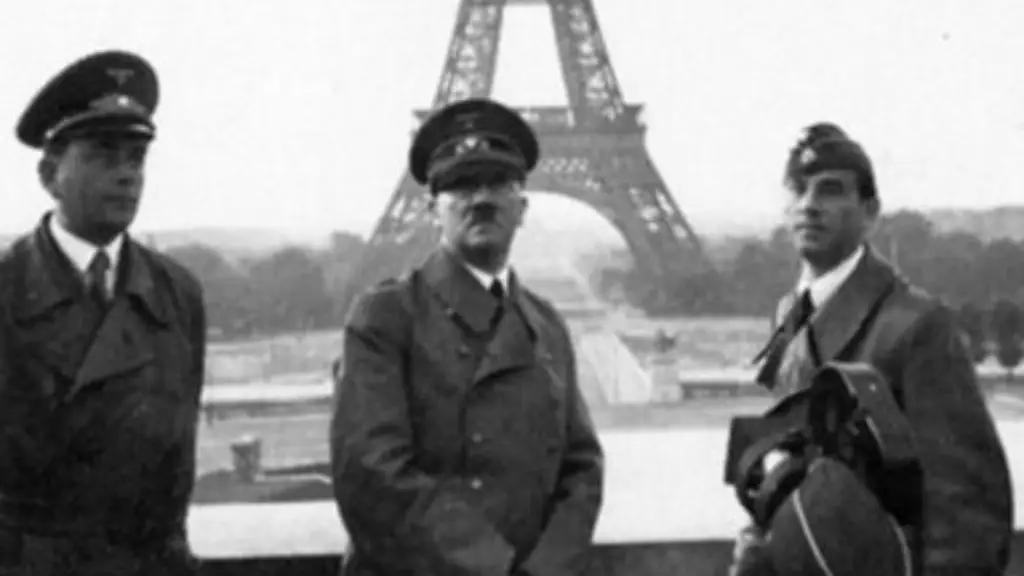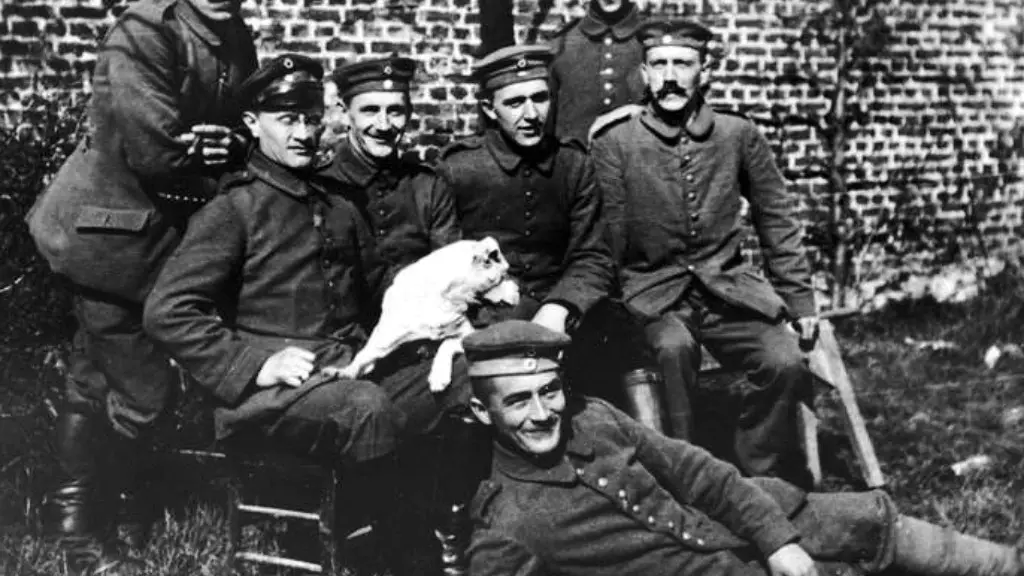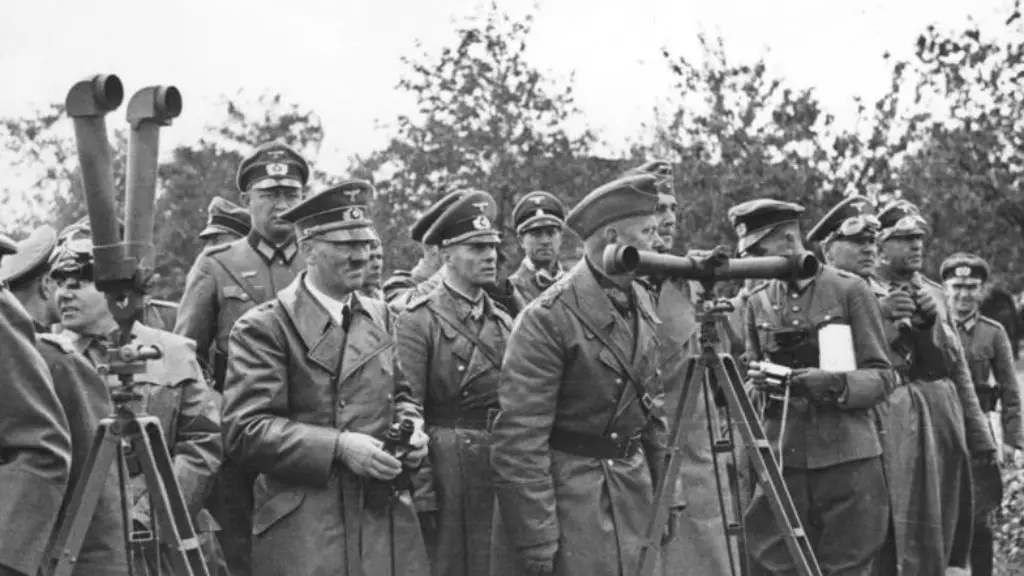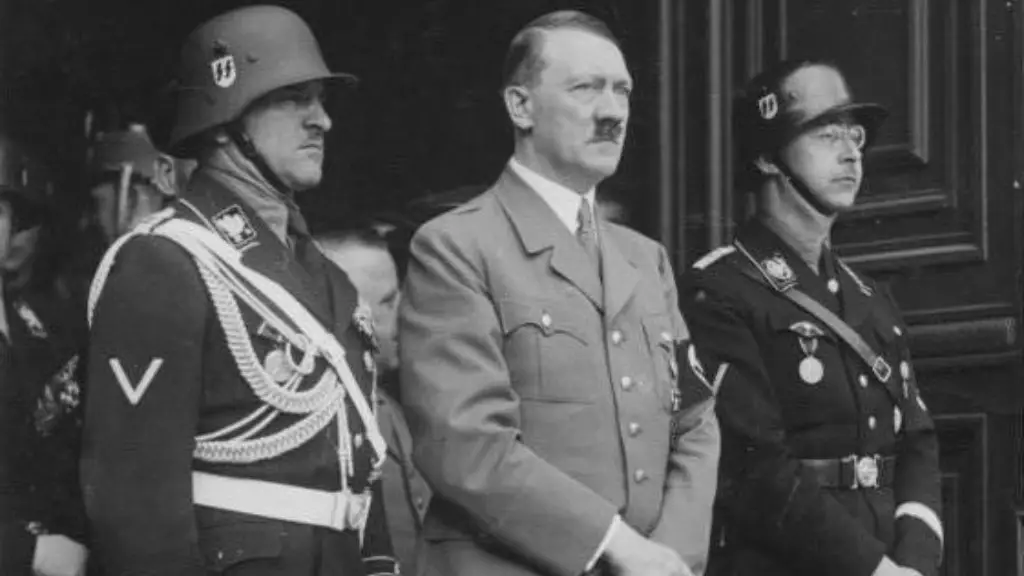Section 1
Adolf Hitler remains one of the most notorious and controversial figures in history. The leader of Nazi Germany, his anti-Semitic ideology and policy of racial purity ultimately resulted in World War II and the genocide of millions of Jews, Gypsies, and other persecuted groups.
Hitler was born in 1889 in Austria. As a young man, he lived in Vienna, where he was inspired by extreme anti-Semitic views. He later joined the Nazi Party in 1921 and was eventually appointed Chancellor of Germany in 1933.
Hitler’s rise to power was largely fueled by his promises to restore Germany to its former greatness. He dismissed democracy, abolished trade unions, and opened concentration camps where millions of Jews were killed. He initiated aggressive military campaigns against other countries, including an attack on Poland that triggered World War II.
Hitler’s actions have had a profound impact on our world today and have shaped the way we view the world, politics, and our own societies. For example, in Europe, the presence of the European Union is a direct result of the need for nations to build partnerships to prevent the type of conflict that plagued Europe during World War II.
As well, the existence of the United Nations was created in order to prevent another world conflict and to serve as a forum for peaceful resolutions to international disputes.
Hitler’s legacy is not confined to Europe. His extremist views and anti-Semitism have had a lasting influence on societies around the world, including here in the United States. He is still invoked as a symbol of hate and intolerance in many cultures and is used to illustrate the dangers of catering to extreme ideologies.
Section 2
Hitler’s anti-Semitism, however, is only one component of his legacy. He was also a master of propaganda and manipulation, using his oratory skills, the power of radio, and mass media to propagate his message and control the German population.
Hitler was also extremely savvy when it came to foreign policy, forming alliances with other European countries and dictators, and using diplomatic tactics to further his agenda. He was also able to exploit the Treaty of Versailles and other post-World War I international agreements.
Hitler also had a strong impact on the development of the military, particularly the use of airpower, tanks, and mass mobilization strategies. He was also one of the first leaders to understand the importance of technology and its potential to shape the course of war.
Finally, Hitler was a brilliant strategist, who designed campaigns and battles that took advantage of the strengths and weaknesses of an enemy’s forces. His tactics were often ruthless and resulted in massive casualties, but they also helped Germany to achieve many of its goals during World War II.
Section 3
In the decades since his death, Hitler has become the subject of much debate and discussion. Historians and scholars continue to debate his motivations and the legacy of his regime. Was Adolf Hitler the architect of his own destruction, or was he the victim of a system and society that enabled him to rise to power?
The debate is ongoing, but most agree that Hitler’s rule was a tragedy and a lesson in the dangers of intolerance, extremism, and unchecked power. He has become a symbol of the fragility of democracy and the potential consequences of unchecked authoritarian rule.
Hitler has also become a reminder of the importance of standing up for the vulnerable and marginalized groups in our own societies and of the need for vigilance in protecting our civil liberties.
Hitler’s legacy serves as a stark warning of the consequences of hatred and racism, and of the need to reject extremist views in our own societies.
Section 4
In addition to his political legacy, Hitler’s personality and psychology have been the subject of much discussion and speculation. Mental health experts and other researchers have studied his life in an effort to understand why he did what he did and the motivations behind his actions.
Most experts agree that Hitler suffered from an extreme form of narcissism and Control-Mastery Syndrome, and was motivated by an unquenchable need for power, recognition, and adulation. They also believe that his charisma and oratory skills enabled him to manipulate the masses to his will.
A significant part of Hitler’s legacy is his story and its relevance to the modern world. His actions serve as a reminder of the dangers of unchecked power and the need for vigilance in protecting our civil liberties.
In addition, his story is a reminder of the importance of rejecting hatred, racism, and intolerance, and of the power of collective action to fight against such extreme ideologies.
Section 5
From a historical perspective, Hitler is one of the most studied figures in history. Historians and scholars continue to analyze his motivations and beliefs, in an effort to understand how someone with such extreme beliefs and ideologies was able to come to power, and to interpret and fully comprehend the impact of his regime.
Although Hitler and Nazism remain controversial topics, there is consensus on one point: the evils of Nazism, and of Adolf Hitler’s actions, should never be forgotten nor repeated.
The Holocaust, spurred on by Hitler’s antisemitic policies and horrifyingly violent tactics, serves as one of the darkest moments in history and serves as a reminder of the devastating effects of hate and intolerance.
It is for this reason that Adolf Hitler remains a significant presence in our society and in our collective memory, and a reminder of the capacity of individuals to commit terrible acts.
Section 6
The legacy of Adolf Hitler and the Nazi regime continues to resonate in Germany and around the world. Germany has adopted Holocaust education as part of its national curriculum in order to ensure that the horrors of the Holocaust are not forgotten and that everyone, both in Germany and abroad, understands why it is so important to reject hate and extremism.
The story of Adolf Hitler and his regime is also a reminder of the power of individuals, both those with good intentions and those with evil intent, to shape the course of history. It is a reminder of the importance of understanding the past in order to better understand our own societies, but also of being aware of the potential danger of unchecked power.
Finally, it is a reminder that when people come together, when different groups work together, and when individuals stand up for what is right, that there is hope for a better future.
Section 7
Adolf Hitler’s influence is so deeply entrenched in our collective memory and in our history that it is unlikely to ever fade away. Even today, his name remains an ever-present symbol of hatred, intolerance, and the devastating effects of unchecked power.
Hitler’s story has much to teach us, both about the horrors of hatred and extremism and about our capacity for collective action and hope. His legacy serves as a reminder of the power of individuals and of the importance of standing up for what is right.
While the horrors of the Holocaust can never be forgotten, it is important to remember that out of the tragedy of Nazi Germany has come an understanding of the importance of respecting human rights and of rejecting hatred and intolerance in our own societies.
